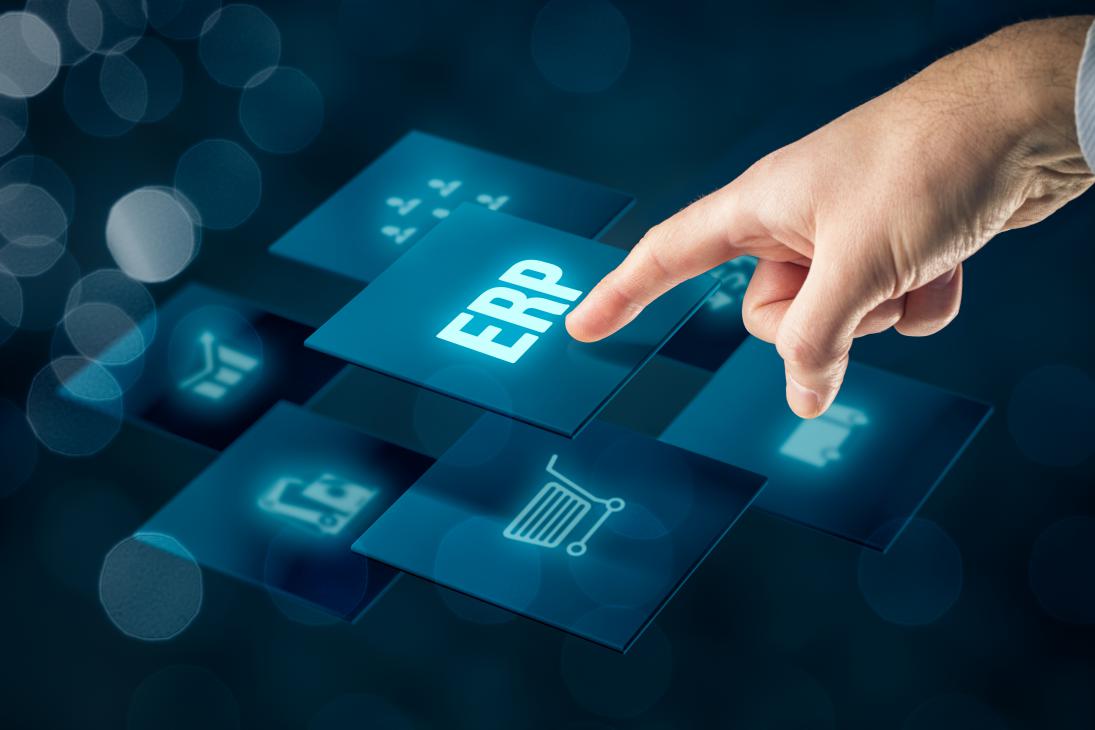
The future of ERP: Technological Innovations to Look For

FoxERP
Businesses these days are evolving rapidly at a robust pace more than ever before.
The digital transformation leading to digitized processes, transformed business plans, and streamlined business processes make the business processes more innovative than ever.
ERP, too, is one of the technological advancements that work beyond business efficiencies.
For any business, two of the most significant priorities are cutting costs and increasing efficiency. ERP does both by evolving the business processes and streamlining the business functions across the sectors.
According to recent research, ERP cuts the overall operational costs by 25% by bringing various business processes under one umbrella.
The future is digitization, and the rising advent of automation and automated business practices enables the ERP to function better than before.
Like any other investment, ERP is an investment that organizations make to improve business processes efficiency.
ERP stands for Enterprise Resource Planning, a comprehensive suite of business process management tools that helps record all the business transactions under one system.
It streamlines various business processes and activities, such as accounting, human resource management, sales, purchase, inventory, CRM, Administration, project and task management, manufacturing, and even website.
ERP models vary slightly as per the type of business.
Hence, it becomes essential for an organization to understand its business structure and identify the ERP model solution that meets its requirements.
The remarkable and unique features of ERP make it a must-have tool for organizations to remain competitive among their competitors.
Successful implementation of an ERP system remains a crucial factor in obtaining the maximum out of the ERP software for any business.
The following advanced tools of an ERP system make it a more effective ERP tool which includes the following.
1. Data Insights
Due to the multiple businesses that organizations undertake, dealing with a large chunk of data becomes imperative.
With large volumes of data, taking out analysis and deriving insights to make business decisions also becomes crucial for the organizations.
The data surfaced through an ERP helps the businesses positively impact their businesses by enabling responsiveness and employee engagement.
2. IoT
IoT solutions undoubtedly have enormous benefits to businesses.
With a rise in business processes and its complex requirement at times, the IoT-based solutions help organizations make business decisions that aid the overall business decisions.
An ERP-driven IoT solution helps in facilitating the prompt accessibility of specific enterprise knowledge and enabling effective business decisions across the business units.
3. Cloud Acceleration
Cloud acceleration is one of the significant aspects of ERP software.
With the rise in remote work and most of the data stored on the cloud, ERP, too, has a massive role in realizing the significance of data.
Hence, in such scenarios, cloud-based ERP plays a significant role in achieving the desired business goals.
4. Cloud-based ERP
Earlier, the ERP platforms used to be on-premises solutions with a minimal fee, hardware costs, and an expensive maintenance cost, along with the upgrades that used to cost significantly to the businesses.
However, with the introduction of cloud-based ERP systems, business processes have become more automated with a software-driven approach that yields results.
5. Embedding with Emerging technologies
ERP gives freedom for businesses to focus on their products and services, while the ERP software takes care of the business processes.
Emerging technologies such as IoT and Artificial Intelligence help in achieving streamlined business processes more effectively.
It helps in optimizing more business processes, providing new insights, and creating personalized customer interactions.
Conclusion
ERP solutions are the talk of the market these days, and with their significant advantages, they will stay.
Innovative and emerging technologies are ruling the market and in addition to that, having ERP software makes the processes even smoother.
To achieve a robust business process with ERP, continuous improvement in the business processes and the introduction of cloud-based ERP solutions result in effective utilization of resources and technologies.
Recent Posts

FoxERP
Unleashing the Power of ERP Cloud Migration: Benefits, Challenges, and Options
In the contemporary business landscape, Enterprise Resource Planning (ERP) systems play a pivotal role in driving operational efficiency and facilitating strategic decision-making. With the rapid evolution of cloud technology, organizations are increasingly exploring the option of migrating their ERP systems to the cloud to unlock a plethora of benefits and drive digital transformation.

FoxERP
The ERP Revolution: Navigating Enterprise ERP System Challenges
Enterprise Resource Planning solutions can be a lifesaver for businesses. It enables you to automate all your day-to-day business processes in a centralized and streamlined platform. Today, most business organizations implement ERP solutions like FOX ERP to improve business operations, boost data security and data quality, automate workflows, and enhance customer service.

FoxERP
Unlocking Organizational Success by Embracing the Strategic Roadmap to ERP Implementation
Do you know? The global ERP software market is expected to reach a staggering $78.40 bn by 2026, growing at a CAGR of 10.2%. The global ERP software market is estimated to take over 40% of the market share by 2025.



